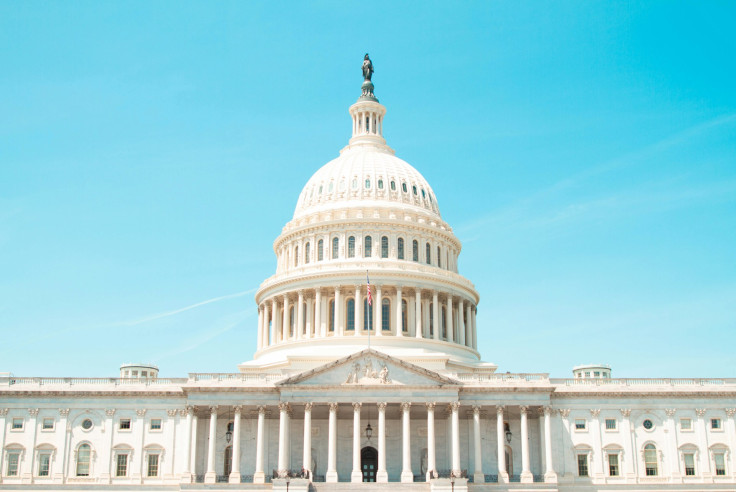US Bans WhatsApp on Government Phones, Labels It 'High-Risk Application'
Meta disagrees with the latest memo.

The US government has ordered a ban on WhatsApp from all official devices, citing serious concerns over transparency and data protection. In a surprising move on 23 June 2025, White House employees were instructed via an internal memo to stop using the Meta-owned messaging app with immediate effect.
WhatsApp Deemed 'High-Risk' for Government Use
According to the House of Representatives memo, Chief Administrative Officer Catherine Szpindor labelled WhatsApp as a 'high-risk application.' The US Office of Cybersecurity determined that the app lacks adequate transparency to ensure the safety of user data.
Szpindor also raised concerns over WhatsApp's data storage practices and its absence of stored data encryption. These, she claimed, make the platform vulnerable to security breaches.
In place of WhatsApp, federal staff are being directed to use alternative platforms such as Wickr, Signal, Microsoft Teams, FaceTime and iMessage.
'Our top priority is safeguarding the integrity of the People's House,' Szpindor wrote. 'We continue to assess emerging threats and enhance our protection against potential cyberattacks targeting House Members and staff data.'
Why the Ban Was Enforced
The move follows a high-profile incident involving top US officials. Defence Secretary Pete Hegseth, Secretary of State Marco Rubio, CIA Director John Ratcliffe and Vice President JD Vance reportedly shared classified information on WhatsApp — only to accidentally include a journalist in their group chat.
The leaked conversation, concerning military plans in Yemen, sparked a wave of criticism about the irresponsible use of unsecured platforms by US leaders. Cybersecurity experts now point to this breach as the tipping point for the ban.
Some critics argue the decision may also reflect growing distrust toward Meta, which owns WhatsApp. The tech giant continues to face scrutiny over privacy issues, algorithmic harm and the alleged misuse of user data.
Meta Pushes Back Against Ban
Meta has rejected the House's characterisation of WhatsApp. In a statement to The Guardian, a company spokesperson said: 'We disagree with the House Chief Administrative Officer's characterisation in the strongest possible terms.'
'We know members and their staffs regularly use WhatsApp and we look forward to ensuring members of the House can join their Senate counterparts in doing so officially.'
The spokesperson further defended the app's encryption, clarifying: 'WhatsApp messages are end-to-end encrypted by default. That means only the sender and recipient can read them — not even Meta can access the content.'
Meta added that most apps on the House-approved list 'do not offer that level of protection,' suggesting the decision was more political than technical.
© Copyright IBTimes 2025. All rights reserved.




















